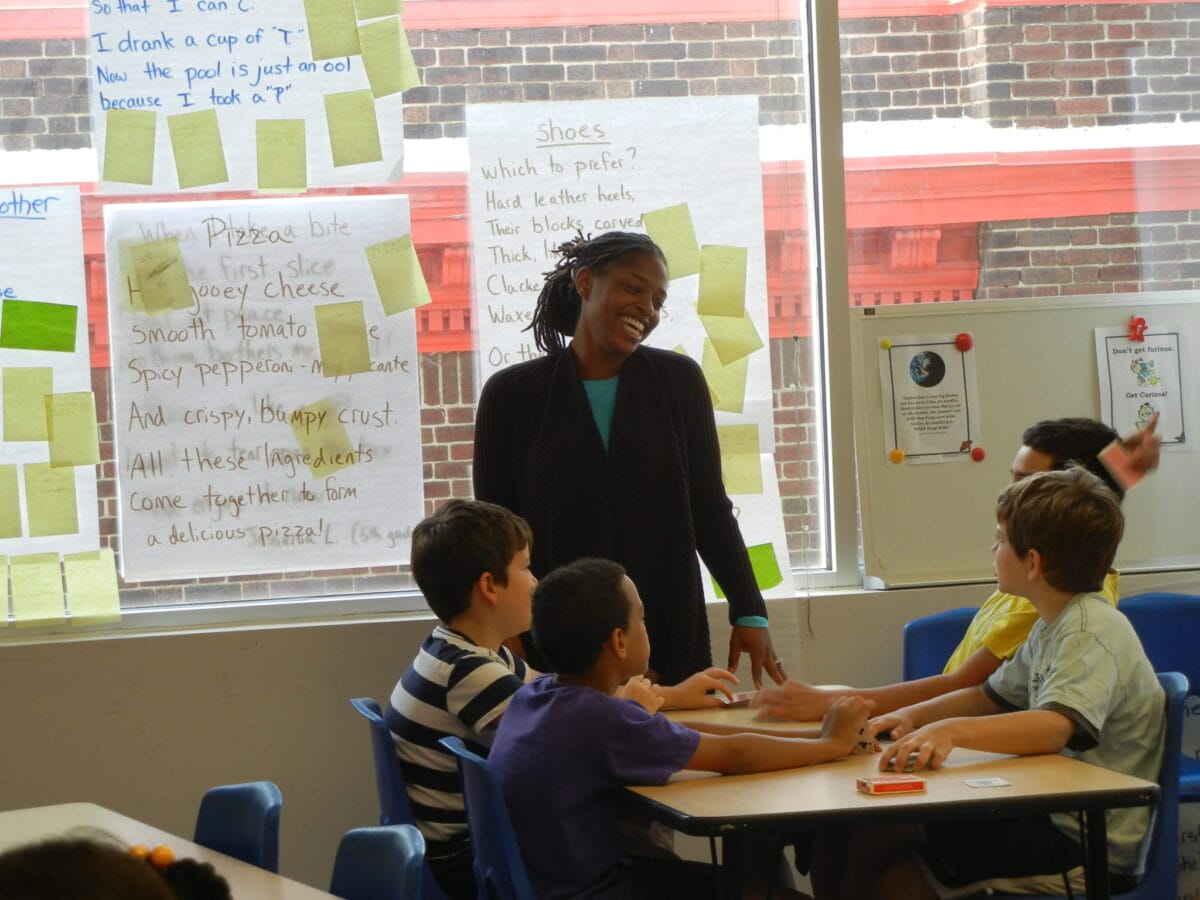
August 12, 2024
By Jenna Fournel, Director of Teaching and Learning
Prefer audio? Listen to this week’s Hooray For Monday podcast episode to hear Jenna read this week’s issue.

In the midst of a heat wave last week, my “smart” thermostat began to malfunction. This unwelcome event initiated a multi-day investigation into how it works, why it wasn’t working, and what I could do to fix it; I grew very familiar with its operating instructions. That same week, I kept having conversations with friends who were going through hard times, either with themselves or with their children. In these conversations, as we talked through strategies for dealing with the many challenges that come with being human, the theme of operating instructions kept coming up.
We discussed how we’ve developed our own operating instructions for finding hope and purpose on difficult days. And how, over time, we’ve found solutions we can rely on when things go awry. But we realized we’ve only come by these operating instructions later in life after difficult experiences forced us to acquire new skills, go to therapy, or seek answers in books, mentors, and guides. We wondered how our lives might have gone differently if we had learned how our minds work, and what they need to thrive, at a younger age. Could our children learn these things sooner than we did? What if we taught that in school?

Operating instructions are created with knowledge of how equipment, like my thermostat, functions in its ideal and fully operational state, as well as rigorous testing when something breaks to find and document fixes. Developing operating instructions for ourselves is much the same. It requires knowing what we are like, how we exist in the world when we are well and fully ourselves, and understanding what must be in place to help us feel that way.
Which words describe me at my best?
What does my mind need to thrive?
What does my body need to thrive?
What do I need from my community to thrive?
What helps me work well with others?
What helps me get out of a funk?
What helps me focus?
What helps me feel connected?
Being able to answer these questions gives us clues for what we can do when things go wrong and with advice from others and practice we can develop a toolkit of strategies for getting ourselves back in working order.
Are we all set once we’ve figured these things out? Unfortunately, no. Because much like my “smart” thermostat, life hands us regular updates that make things work differently than they did before. We experience trauma, we take on new stress, and the nap that used to make us ready to face the world again no longer cuts it. But – if we get in the habit of regularly asking ourselves these questions so we can update our operating instructions – we continue to build new skills and strategies for making our lives work.
Imagine how empowering it could be for children if we make writing – and continually revising – personal operating instructions a natural and expected part of growing up. Imagine how insightful it could be as teachers to learn directly from our students what will help them to thrive!
Using the concept of asset framing and the student-centered inquiry-based approach we espouse at Inspired Teaching, we’ve created an Operating Instructions activity you can try with your students when school begins. Let’s see what happens when we give our children the tools to guide their own operation!
For additional insights, resources, and information on Inspired Teaching teacher and youth programming, subscribe to the Hooray For Monday newsletter!
Hooray For Monday is an award-winning weekly publication by Center for Inspired Teaching, an independent nonprofit organization that invests in and supports teachers. Inspired Teaching provides transformative, improvisation-based professional learning for teachers that is 100% engaging – intellectually, emotionally, and physically. Our mission is to create radical change in the school experience – away from compliance and toward authentic engagement.
